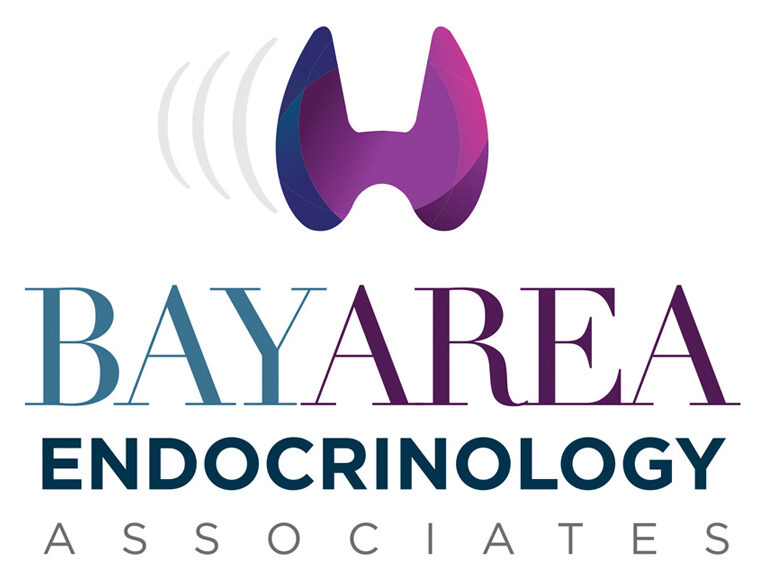The thyroid gland lives in the front of the neck. A diseased gland may become inflamed and swollen. Because an enlarged gland can impede breathing and swallowing, getting tested as soon as you notice any change in the gland is critical.
Signs There May Be A Problem With Your Endocrine System
Symptoms of a diseased gland can include a variety of conditions.
You may notice
- a change in your weight for no reason
- a change in your skin condition
- a change in your mood, from feeling agitated to feeling depressed
- constantly feeling worn out
- always being too hot or too cold
- an irregular menstrual cycle
If you are feeling tired and your period stops, the first assumption is that you may be pregnant. In addition to getting a pregnancy test, you will probably also want to get your gland checked so you can get in front of any illness or imbalances that need to be addressed quickly.
How an Endocrinologist Checks Your Glands
When you go in for a hormone test, you can expect to undergo a blood draw. This gland secretes the hormones thyroxine (T4) and triiodothyronine (T3). This illness can impact your body weight and your menstrual cycle, but it can also impact the regularity of your heartbeat.
In the event that your gland is overactive or underactive, you will need to have the gland itself scanned. Because the easiest way to look at the gland is to highlight the tissue with a radioactive product, your fertility status will need to be checked first. If you are currently breastfeeding, pregnant, or planning a pregnancy, you are not a good candidate for any radioactive product.
The Scan Procedure
The scan procedure requires that you receive a radionuclide. Once ingested or injected, this radionuclide will embed itself in your gland so the gland will show up in a nuclear scan.
The risk to a woman who is pregnant is that there is a possibility that the radionuclide will cross the placental barrier. While changing up the dosages and extending the scan time can reduce the risk of breaching the placental barrier, avoiding this treatment unless absolutely necessary is wisest.
Radio Line Treatment
In the event that your gland is found to be diseased, cancerous, overactive or underactive, you may need to have radioiodine treatment to destroy the gland to avoid more serious disease in the future.
Radioiodine treatment is taken as a liquid or a capsule. The process of killing off the thyroid gland can take up to six months, so it is critical that you discuss your fertility plans with your endocrinologist before you undergo this treatment. The radioactive material will stay in your tissues for an extended time and may pass through the placental barrier should you become pregnant. This therapy is also not recommended for a woman who is breastfeeding.
Pregnancy Risks
One of the biggest risks in determining the best treatment for glandular disease is the chance of missing an undetected pregnancy in the earliest stages. When discussing your symptoms with your physician, carefully review your calendar to make certain there is no risk of an early stage pregnancy. Your Tampa endocrinologist can help you schedule a test to be absolutely certain.
For adolescent women under the care of a parent, the ability to have a frank conversation with your physician may be a worry. If your physician recommends the test as a matter of course, take it so you can be sure.
Other Glandular Connections
It is also possible that a problem with your thyroid is connected to other glandular concerns. The pituitary gland tells the other gland to release T3 and T4. When T3 rates go up, the pituitary gland is informed that it needs to back off stimulating hormone production. Any breakdown in that communication loop can lead to too much or too little hormone production.
One step further up the line is the hypothalamus. The hypothalamus is not a gland, but is the core of your brainstem. This primitive region of the brain is closely tied to the function of your responses to emotional stress, such as the panic response or the fight or flight response.
In the event that the hypothalamus is not functioning well, or the pituitary gland is not transmitting the right data, this critical gland could appear to the cause of the problem. A blood test will probably not be enough to track down the source of your condition.
In the event that your hormone levels are not within normal levels, you will need to get additional testing done. If you are of child-bearing age, take the opportunity to get a pregnancy test to avoid the risk of transmitting radiation across the placental barrier to the fetus.







